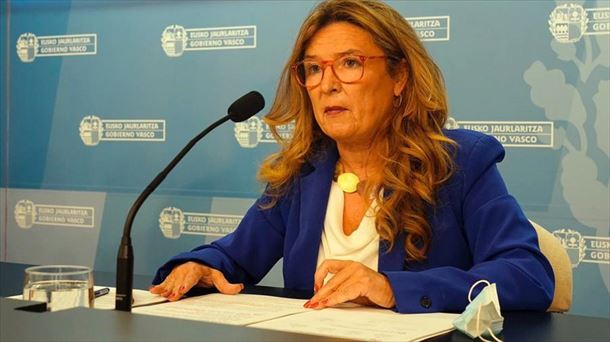The education system is on the brink. Politicians must now take countermeasures, “because we are dealing with a dangerous tsunami”, warns author and education expert Andreas Salcher in an interview with “Krone” and krone.tv on the occasion of the start of the holidays. The number of pupils with behavioral problems is increasing dramatically.
Salcher refuses to give a figure to Education Minister Martin Polaschek (ÖVP), but a clear point can be deduced from his statements. “Minister Polaschek is purely a system administrator. There has been a total standstill for two years.” But the Austrian education system is heading for more and more problems, “sugar-coating and praying for health will not get us anywhere,” says Salcher, sticking his finger in the wound and pointing out what things have to change.
Nursery schools belong to the Ministry of Education
“The first and most important thing is not new, but still not implemented: we need the best kindergartens. We must integrate the position of primary school teachers into the education system. We must train them as teachers and therefore pay them as teachers. And they must become part of the Ministry of Education. Because you can compensate for social and language disadvantages in primary education and kindergartens.”
A completely new kind of pedagogy is needed
The second measure would be more school autonomy. In 2017, there was already a school autonomy package, but it was not implemented. More autonomy should give schools the opportunity to split up lessons and class groups of 50 minutes, to bring in external people and to carry out exciting projects. “A completely new type of pedagogy. There are very few schools that do this, not even the focus schools. They do it with great success, it works. But most schools know nothing about autonomy, because it has never been communicated and supervised.”
Full-day school options for children from uneducated backgrounds
“The third thing is a comprehensive, all-day school format. This is the only chance to reach educationally disadvantaged children whose parents cannot participate in learning in the afternoon. The well-educated classes send their children to school all day, because women usually work. Uneducated people don’t do that. The wife is at home and sometimes everyone is at home.”
Abolition of special education teachers “completely crazy”
Salcher describes the increase in children with behavioral problems as “dramatic”. “We have situations in some secondary schools where a child rolls on the floor screaming, where a neighbor is stabbed with a compass, where children sit apathetically in class all day. This is no longer possible for teachers. For this we need specially trained experts. There is a very dangerous tsunami coming our way.” Salcher describes the elimination of special education teachers as “completely insane.” “Teachers and principals tell me they desperately need special education teachers and more school psychologists.”
The school system is not prepared for problems
A parent’s driver’s license is also required, Salcher said. Parents must take mandatory courses to learn how to be parents. The payment of child benefit must be linked to participation, just as with the mother-child card. “I think this makes sense in terms of the child’s well-being.” Our school system inherits social problems for which it is completely unprepared. “A primary school class is not designed to have 25 children, half of whom do not speak German at all.”
Children whose mother tongue is not German must attend summer school
A compulsory summer school, as originally planned, would also be very important. Children who spend the entire vacation in their home country may speak German poorly again in the fall. “The learning loss for these children is simply unbelievable, while the well-educated classes send their children to tennis camps and take them to museums abroad. All this is stimulating and educational.”
Source: Krone
I am Ida Scott, a journalist and content author with a passion for uncovering the truth. I have been writing professionally for Today Times Live since 2020 and specialize in political news. My career began when I was just 17; I had already developed a knack for research and an eye for detail which made me stand out from my peers.



